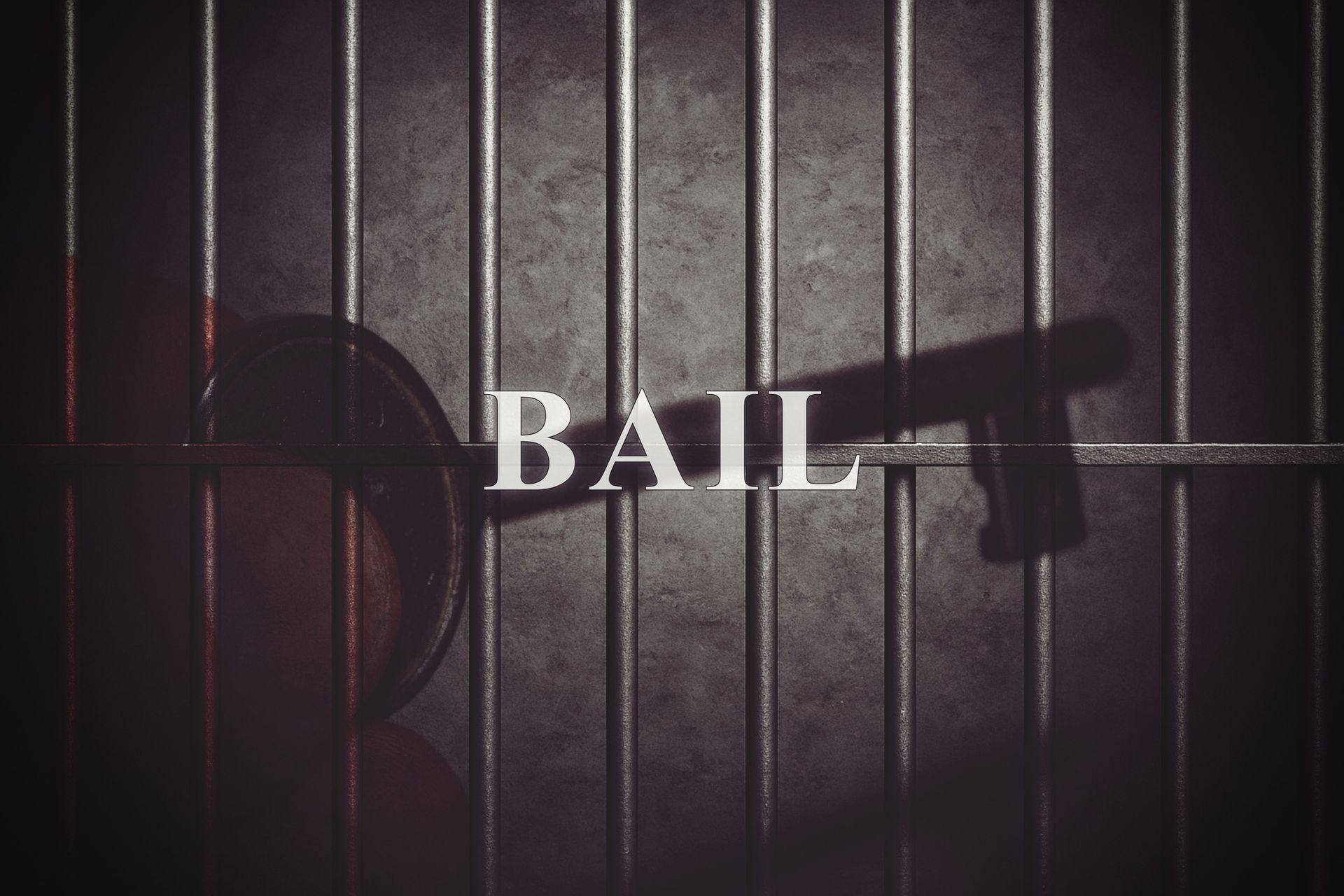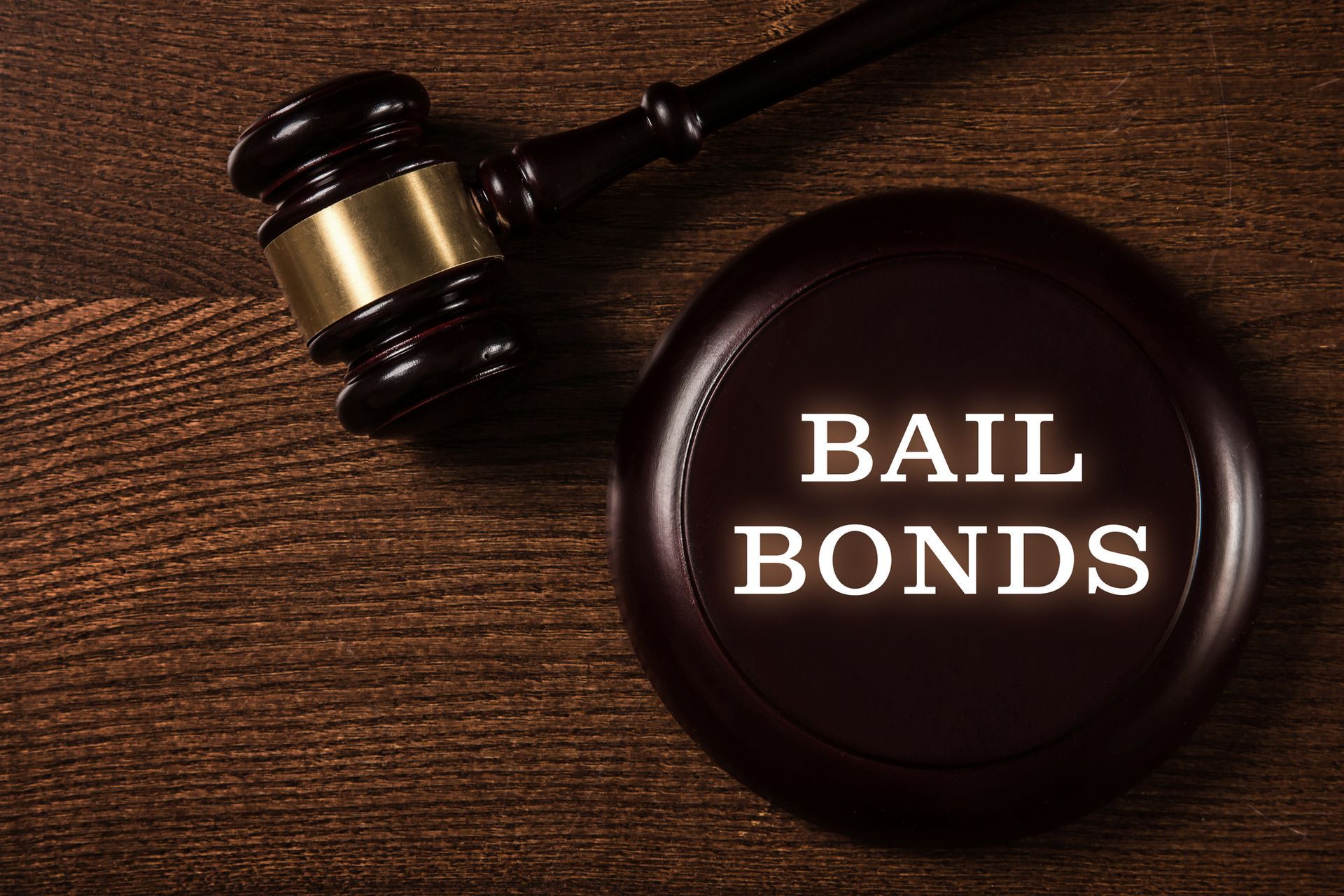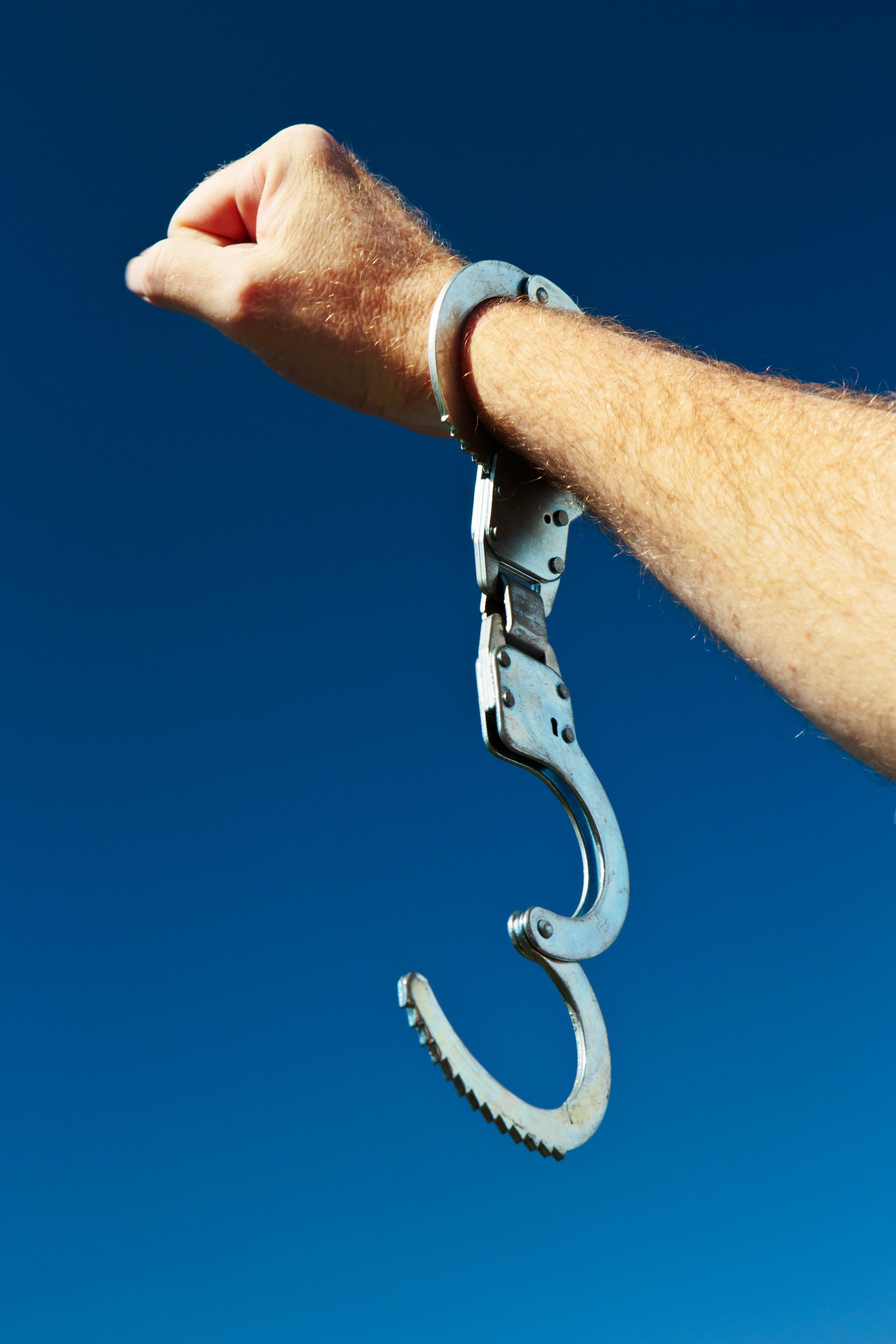Am I Sober Enough to Drive?
The answer to this question is very subjective. Many people believe they are sober enough to drive even after they consume several drinks. In some cases, that may appear to be correct, depending on factors like the person’s gender, weight, and alcohol tolerance level.
But in court, this question does not matter. A better question is “Can the state prove
that I was not
sober enough to drive?” That’s a very complex question which has a very complex answer, as outlined below.
The stakes are high. Substance impairment (alcohol or drugs) causes almost half
of the fatal vehicle collisions in Tennessee. So, police officers are very aggressive when it comes to DUIs, especially during heightened enforcement campaigns. Then, when these cases go to court, many Montgomery County prosecutors will refuse to budge on their position when it comes to negotiating a settlement.
Initial Law Enforcement Contacts
Once you see flashing lights in the rear view mirror, if officers suspect that you may have been intoxicated, an arrest is pretty much inevitable. So, no matter what happens next, you will probably need to call on Fizer Bonding Company (bail bond near me) to get you bonded out of jail.
The benefits of Fizer Bonding Company helping you get quickly out of jail are many. Immediate jail release jump-starts a successful criminal defense. If the defendant remains in jail, the presumption of innocence basically becomes a presumption of guilt. Defendants in these situations often feel pressure to take unfavorable plea deals. Furthermore, it’s impossible for people who are behind bars to participate in their own defenses in any meaningful way.
When we talk in terms of an arrest for intoxication, the process of determining what the state can prove begins at the initial stop. This stop usually involves a traffic violation, a roadside checkpoint, or an informer’s tip.
Almost all law enforcement contacts feature traffic stops. The Tennessee Vehicle Code contains thousands of obscure traffic laws. Most people cannot travel more than a few miles without violating at least one rule. Any traffic violation, no matter how obscure, could serve as the legal basis to pull over a motorist.
Roadside checkpoints often pop up during the aforementioned heightened enforcement campaigns. Normally, around New Year’s Eve, Memorial Day Weekend, and other holidays associated with drinking and driving, aggressive law enforcement efforts become even more aggressive.
Officers do not need any reason to detain motorists at a checkpoint, other than their position in a line of cars. Because roadblocks give officers so much power, they must meet certain requirements, as set out by 1990’s Michigan Department of State Police v. Sitz
and some other highly publicized cases.
For the most part, if officers see evidence that the motorist had been drinking, they may detain the motorist for suspicion of DUI. Sobriety, or lack thereof, is not even an issue at this point. Evidence of alcohol consumption includes bloodshot eyes, the odor of alcohol, and slurred speech.
A few other DUI stops involve informer’s tips. If the informer was another police officer, most judges presume that the information was reliable. If the tip came from an anonymous source, some judges might presume the information was unreliable. Everything else is in a grey area.
Proving Intoxication in Criminal Court
Sobriety may be irrelevant at first, but it quickly becomes very important. To establish intoxication (lack of sobriety) in criminal court, prosecutors can either use circumstantial evidence or direct evidence.
In about a fifth of cases, the driver will refuse to provide a chemical sample. Therefore, prosecutors must use circumstantial evidence and show there is already some evidence of intoxication. But the aforementioned bloodshot eyes and odor of alcohol really only establish consumption. To establish the lack of sobriety, prosecutors typically use the following three test results:
- Horizontal Gaze Nystagmus : The DUI eye test is perhaps the weakest of the three approved field sobriety tests. Environmental factors, such as flashing squad car lights in the background, greatly affect these results. Additionally, the scientific link between nystagmus, which is also called lazy eye, and intoxication is sometimes interpreted as a bit dubious.
- One-Leg Stand : Officers generally testify that the defendant “failed” the OLS due to slight technicalities. But things like holding the elevated leg at the wrong angle do not disprove sobriety.
- Walk and Turn : Some prosecutors will argue that it is almost impossible for anyone to successfully complete the heel-to-toe walk test whether they are drunk or sober. And that any mobility impairment affects the results. And the type of shoe can be taken into account.
Additionally, back to the point about what the state can prove, prosecutors must establish that the defendant failed the tests because s/he was intoxicated, and not because s/he was tired, nervous, sick, injured, or clumsy.
Chemical Test Results
In Tennessee, the conviction rate in chemical test cases is about twice as high as the conviction rate in circumstantial evidence cases. That’s because, under Tennessee law, defendants who have a Blood Alcohol Content level above the legal limit are intoxicated as a matter of law.
So, we are back to the beginning in terms of sobriety. If the defendant took a chemical test, the defendant could be sober (have the normal use of his or her mental and physical faculties) yet still be intoxicated by law. In other words, it does not matter if you were “sober enough” to drive or not. You could still be convicted of DUI.
However, all hope is not lost. The Breathalyzer test is not perfect. Some known flaws inherent in this gadget include:
- Ketone Levels : Smokers, diabetics, and certain other people have high levels of ketones in their bodies. Since the Breathalyzer registers these particles as ethanol, the results could be off.
- Mouth Alcohol : If the defendant burped or belched in the fifteen minutes prior to the test, ethanol particles flood into the mouth. Once again, the results could be artificially high. That could make a difference in a borderline BAC case, like a .08 or .09 level.
- Unabsorbed Alcohol : Generally, alcohol goes from the stomach through the liver and then into the bloodstream. Because of this slower digestive process, if the defendant had anything to drink within the previous hour, the results could be wrong.
Blood test results are more difficult, but not impossible, to challenge. Sometimes, there are “chain of custody” issues. Typically, the blood sample starts at a clinic. Then it goes to police headquarters, a laboratory facility, back to police headquarters, and finally to the courthouse. If there is a gap in the “chain of custody”, the sample’s validity could be questionable.
For more information about a Clarksville, TN bail bond release for a DUI arrest, contact Fizer Bonding Company. Our professional bonding agents are available 24/7 every day of the year to get your tail outta jail !
We are family-owned and have served the bonding needs of Montgomery and Robertson Counties for over 40 years. Fizer Bonding Company is a proud member of the Tennessee Association of Professional Bail Agents . For more info about Fizer Bonding Company bail bonds, click here .
“We’ll get your tail outta jail!”
Fizer Bonding Company in Montgomery County Tennessee
(931) 449-9351
Fizer Bonding Company in Robertson County Tennessee
(615) 667-1109
**Disclaimer**
Please be advised that neither www.fizerbailbonds.com
or Fizer Bonding Company LLC is not an attorney or law firm and does not provide legal advice. If you are seeking legal advice, you are strongly encouraged to consider consulting with a competent attorney in your jurisdiction who can provide you with legal advice on your particular matter where individual state, county or city laws may apply. www.fizerbailbonds.com
provides INFORMATION ONLY and the information provided is for informational purposes only AND IS NOT TO BE CONSTRUED OR SUBSTITUTED FOR LEGAL ADVICE. THE INFORMATION INCLUDED IN OR AVAILABLE THROUGH THE SITE MAY INCLUDE INACCURACIES OR TYPOGRAPHICAL ERRORS. No guarantees are made and the use of the website, content, and any information provided is at your own risk.
The post Am I Sober Enough to Drive? appeared first on Fizer Bail Bonds.











